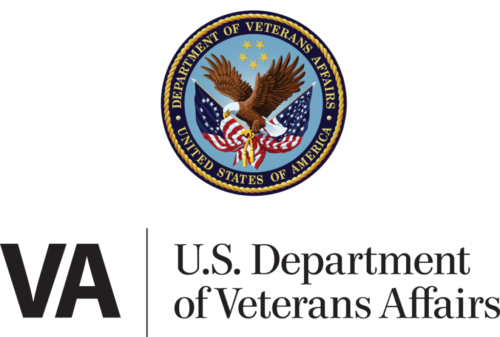
The U.S. Department of Veterans Affairs (VA) recently announced a number of expanded efforts to assist veterans during the unprecedented impacts of the COVID-19 pandemic.
The VA first announced it is allocating an additional $400 million of its coronavirus relief funding to enhance the department’s emergency relief response for Veterans experiencing or at risk of homelessness during the coronavirus pandemic.
The Coronavirus Aid, Relief and Economic Security Act (CARES Act) allocated $17.2 billion for the Veterans Health Administration of which $700 million is devoted to expanding services for and addressing the challenges faced by Veterans who are homeless or at risk of homelessness.
“The additional allocation of CARES Act funding will support the continuity of care of vulnerable Veterans during the COVID-19 pandemic,” said VA Secretary Robert Wilkie. “With this additional funding, VA’s Homeless Programs Office can provide more homeless prevention assistance and emergency housing to make it possible for Veterans to maintain appropriate physical distancing and to ensure they are living in safe conditions.”
The newly allocated funds will be used for the Supportive Services for Veteran Families Program (SSVF). SSVF offers several ways to secure housing for Veterans experiencing or at risk of homelessness.
In total, $602 million of coronavirus relief funding has now been allocated for this program, which will also help the Housing and Urban Development-VA Supportive Housing Program place Veterans in safe housing to isolate them from the virus.
Other coronavirus relief funding devoted to providing emergency shelter and supportive services for Veterans includes $88 million for the Grant and Per Diem Program and $10 million for the Health Care for Homeless Veterans Program.
Additionally, the VA is partnering with MAZON: A Jewish Response to Hunger to improve and ensure Veterans have reliable access to food.
VA and MAZON will work together to distribute information to Veterans to increase awareness about the risks associated with food insecurity and share the benefits of programs like the Supplemental Nutritional Assistance Program (SNAP).
“Veterans must have consistent and reliable access to healthy foods in order to thrive,” said VA Secretary Robert Wilkie. “By raising awareness of the problem of Veterans’ food insecurity and executing solutions, this partnership will lead to more Veterans having more food on the table.”
MAZON: A Jewish Response to Hunger is a national advocacy organization working to end hunger among people of all faiths in the United States and Israel. The organization works to raise awareness about community and government resources to encourage the anti-hunger community to effectively address emerging issues.
“VA and MAZON will use various tactics to help Veterans facing food insecurity access available food assistance resources, like trainings for VA staff to help them better recognize and respond to Veteran food insecurity, ” said MAZON: A Jewish Response to Hunger President and CEO Abby J. Leibman. “These tactics include exploring the creation of a VA pilot program on SNAP outreach for Veterans that can be replicated and scaled up and formalizing target goals for Veteran SNAP eligibility screenings and application assistance.”
The VA is also suspending all actions on Veteran debts under the jurisdiction of the U.S. Treasury Department. This includes the suspension of collection action or extending repayment terms on preexisting VA debts, whichever the Veteran prefers.


Chattooga Public Safety
Most Recent Chattooga County Food Service Inspections

Bulloch Public Safety
7/25/2025 Booking Report for Bulloch County

Chattooga Local News
Red Light Therapy Comes to Summerville: What You Need to Know

Bulloch Public Safety
7/21/2025 Booking Report for Bulloch County

Bulloch Public Safety
06/30/2025 Booking Report for Bulloch County

Bulloch Public Safety
7/14/2025 Booking Report for Bulloch County

Bulloch Public Safety
7/18/2025 Booking Report for Bulloch County

Bulloch Public Safety
7/11/2025 Booking Report for Bulloch County







